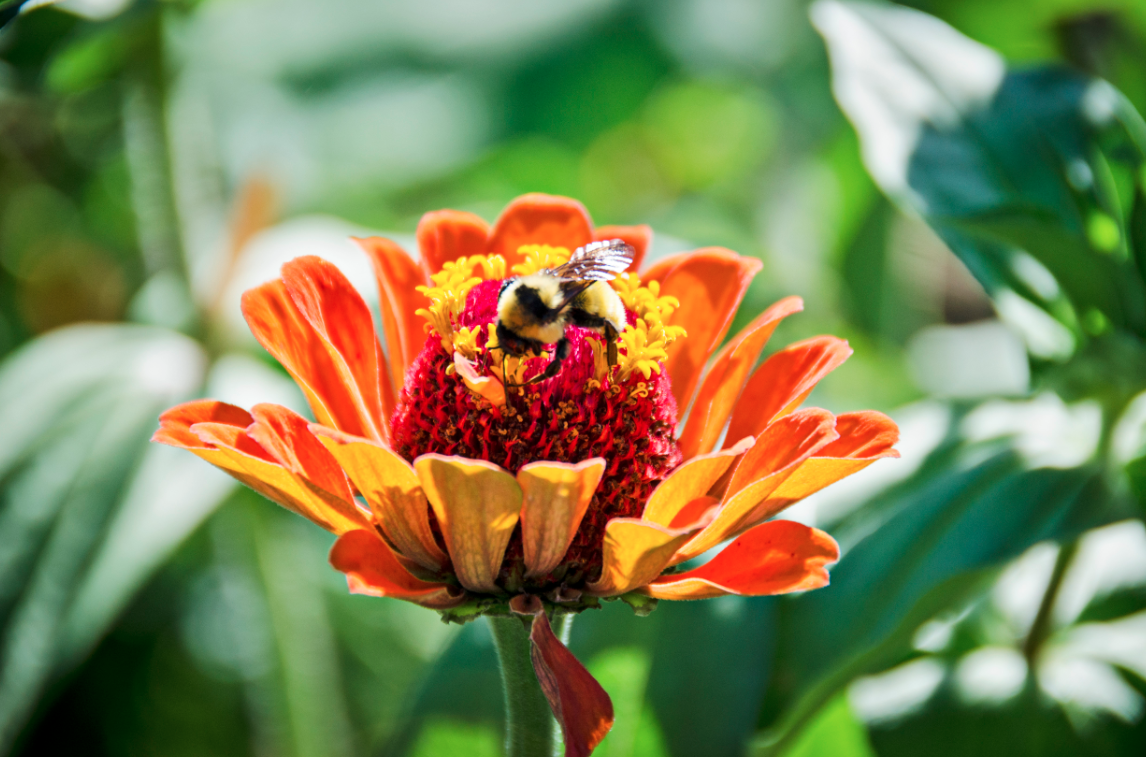St. Thomas’ Stewardship Garden started The Helpful Flowers Project this year to test the effect of plant biodiversity on nutrient uptake from the soil.
Junior Hunter Gaitan, who is involved with the project, said he hopes to apply this data to predict each plant combination’s potential ability to remove harmful substances from soil.
“There is a lot of strength in scientific literature that potentially biodiversity could be a useful tool for removing more contaminants from soil,” Chambers said.
The Stewardship Garden, which is located behind the Brady Educational Center is in its third year at the university. Biology students are tasked with maintaining the garden, with help from adviser and biology professor Adam Kay. The garden gets its funding from the Young Scholars Program.
Senior Elizabeth Chambers spent the summer continuing a two-year research project on the effect of fertilizer.
“We are trying to find the sweet spot between fertilizer and environmental impact,” Chambers said. “This means that is doesn’t matter much how fertilizer you put on; after a certain point it stops to be successful in a linear pattern.”
Students planted two species of tomatoes, peas, green beans, zucchini, broccoli, eggplant, garlic, and cilantro. On Sept. 28 and 29, the students harvested the produce in the garden.
“We wanted to do it before the frost damaged all the food,” Chambers said.
The produce is not only used for research, but also to benefit the community. The program donated its produce to Neighbors Inc., a food shelf in St. Paul. Since 2011, the gardeners have donated 4,000 pounds of produce.
After harvesting the produce, the gardeners also donated the remaining produce to St. Thomas Dining Services.
“Hopefully for sustainability week we will have some St. Thomas pesto from our basil plants,” Chambers said.
Chambers said she enjoys being able to discuss broader environmental issues with St. Thomas community members who aren’t familiar with the topic.
“I really liked being able to talk to the neighbors about our project because we do get a lot of positive community interaction with the neighbors,” Chambers said. “They see a garden, and they don’t really think about things like fertilizer impacts.”
Christina Theodoroff can be reached at theo6748@stthomas.edu.



